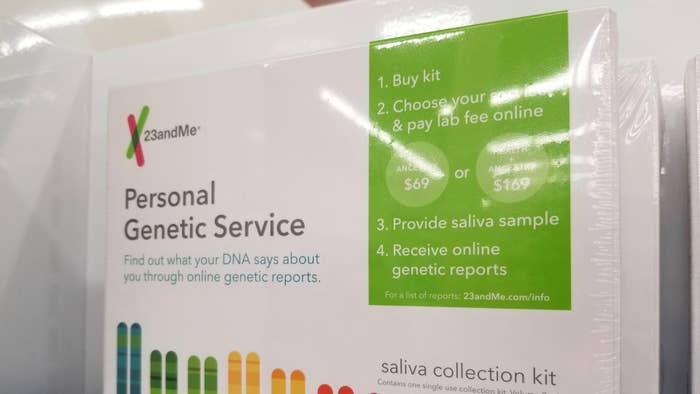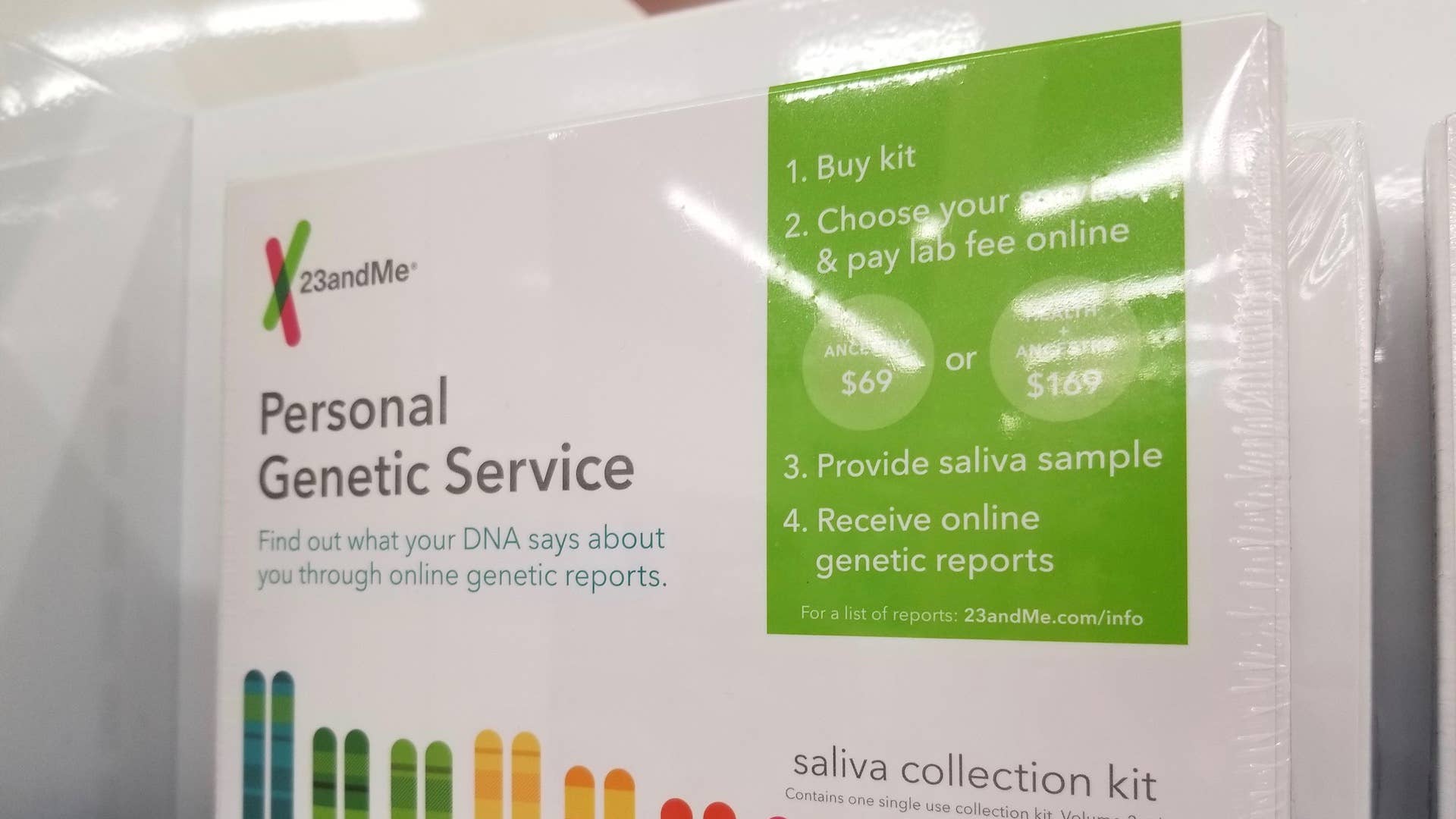
23andMe Data Sheds Light on the ‘Genetic Impact’ of the Trans-Atlantic Slave Trade
A newly published study has underscored the horrific realities of one of America's most brutal chapters.
Researchers at 23andMe shared recent findings that provide additional insights into the "genetic impact" of the trans-Atlantic slave trade. The report, published in the American Journal of Human Genetics, was based on the genetic analysis of more than 50,000 people—more than half of whom had African ancestry. The pool participants included people from both sides of the Atlantic; Some lived in parts of Africa, while others were in the Caribbean, as well as North, Central, and South America.
The researchers then compared the genetic data to the manifests of slave ships to determine how they agreed or disagreed. Though most of the findings aligned with historical reports, the study lays out a few surprising discoveries in regards to where enslaved people were taken from Africa. For example, researchers noted a high percentage of Nigerian ancestry in the United States, which seemingly disagreed with the number of documented slave ships that came directed to the U.S. from Nigeria. As pointed out by NBC News, researchers believe this discrepancy is due to the fact that many enslaved Nigerians were first sent to the Caribbean before being transported to the states.
The study also found that African women had contributed to the gene pool much more than African men, even though the majority of the enslaved population was male. Researchers concluded this was likely a consequence the mortality rates among men and frequent instances of rape: "The extent of this sex bias in gene pool contributions may vary across the Americas due to regional differences in mortality of enslaved men, rape of enslaved African women, forced segregation, and practices of reducing African representation by promoting reproduction with Europeans (racial whitening)."
The study's co-author Steven Micheletti, a population geneticist, acknowledged that the study highlighted painful details, but was necessary to better understand the genetic landscape of the Black community.
“We don't want these historical details to get swept under the rug,” Micheletti told NBC News. “We really want them to be discussed today, and adding the genetic confirmation on to those details could be a powerful tool.”
You can read the full study here.

